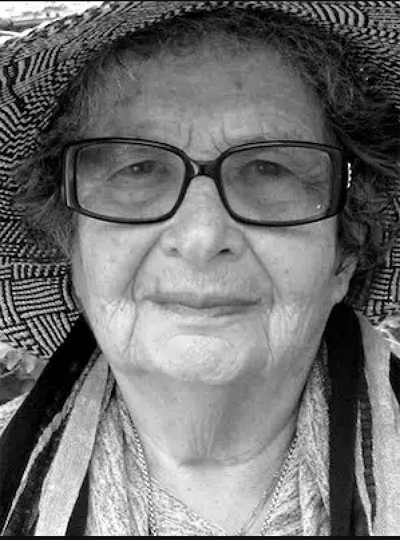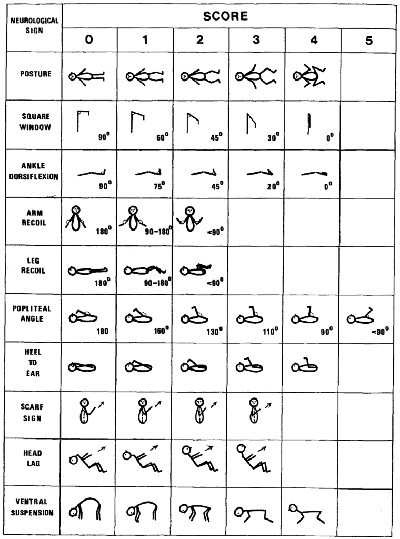

Lily Magdalene Suzanne Sebok was born in Budapest, Hungary, on March 20, 1930. Her father was sent to a heavy labor camp by the Nazis, and Lilly and her mother survived the war in hiding with false papers provided by the Swedish embassy. After the war, After graduating from the University of Budapest in 1948, Lilly and her mother emigrated to Australia to join her mother's family who had survived the war in Shanghai. She obtained her medical degree at the University of Melbourne in 1956, and then moved to a postgraduate research position in endocrinology at the Hammersmith Hospital in London in 1958. While in London, she met and married the neurologist Dr. Victor Dubowitz. They subsequently moved to Sheffield, where Lilly took a position as a registrar in pediatrics in the department of child health.
In the early years of neonatal intensive care, gestational age was estimated by weight in the absence of solid dates for the pregnancy or the routine prenatal ultrasounds that are done today. The weights could be misleading in the cases of nutritionally deprived infants, genetic disorders, etc. (See also Dr. Lula Lubchenco.) The two Drs. Dubowitz developed and published the Dubowitz scoring system for maturation of infants in 1970.* It was based on 10 neurologic criteria and 11 external criteria. If it was used within the first 5 days of life, it was consistently reliable. By the time this writer was a pediatric intern in 1977, the exam was routinely used in NICUs everywhere, and one of the first tasks given to a new intern in the NICU was to "Dubowitz that new admission." The neurological part of the scoring sheet is shown below.

In 1972, the couple returned to Hammersmith Hospital in London, where Lilly pioneered the use of cranial ultrasound and later MRIs to evaluate the brains of newborns and detect intraventricular hemorrhages, birth defects, and other problems. In 1980, the Drs. Dubowitz published a new approach to the general neurological exam of the newborn. "Pilot studies have already demonstrated its sensitivity to perinatal factors such as drugs, asphyxia and infection. The examination can be rapidly documented by residents with no special training in newborn neurology. This method should provide a practical and objective means of monitoring the neurological status of the newborn infant, and also a baseline for longitudinal studies of neurological function in the newborn and developing infant." Later, they revised it to add some new criteria and remove some that were difficult to elicit or superfluous (Dubowitz, 1999).
Dr. Lilly Dubowitz retired in 1995. After retiring, she spent years researching the fate of her long-lost uncle, Stefan Sebok. He was an architect who was working in Moscow on designs for the Moscow Metro when war broke out. He was arrested by the KGB the day after Germany invaded Russia, and died in prison. She published her research in the book "In Search of a Forgotten Architect" (2012). Lilly Dubowitz passed away on March 14, 2016, survived by her husband Victor, four sons, and 10 grandchildren.
* The Journal of Pediatrics, Volume 77, Issue 1, pages 1-10, 1970.